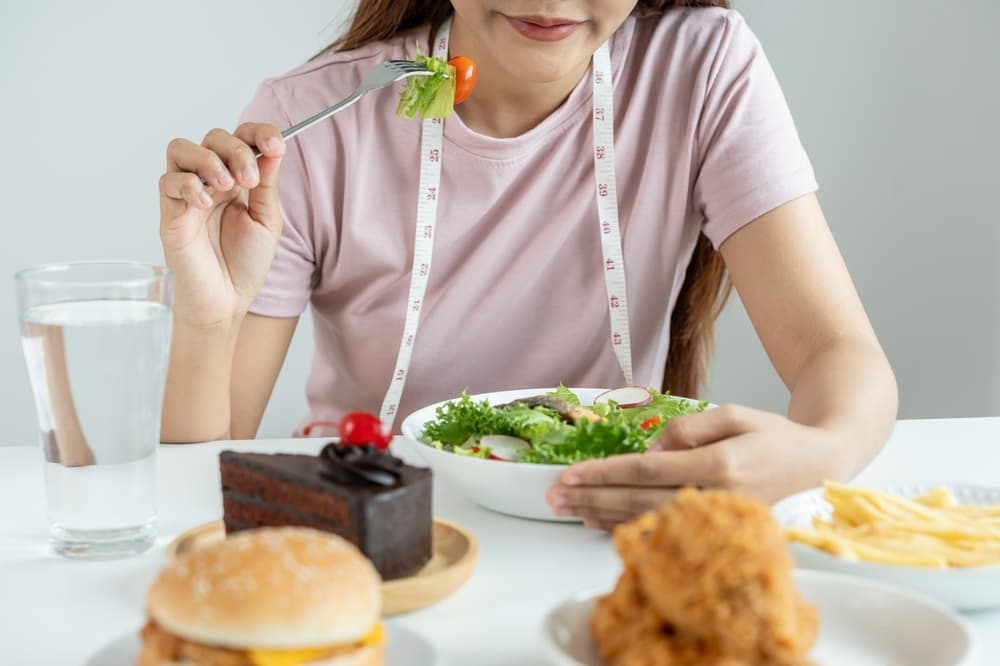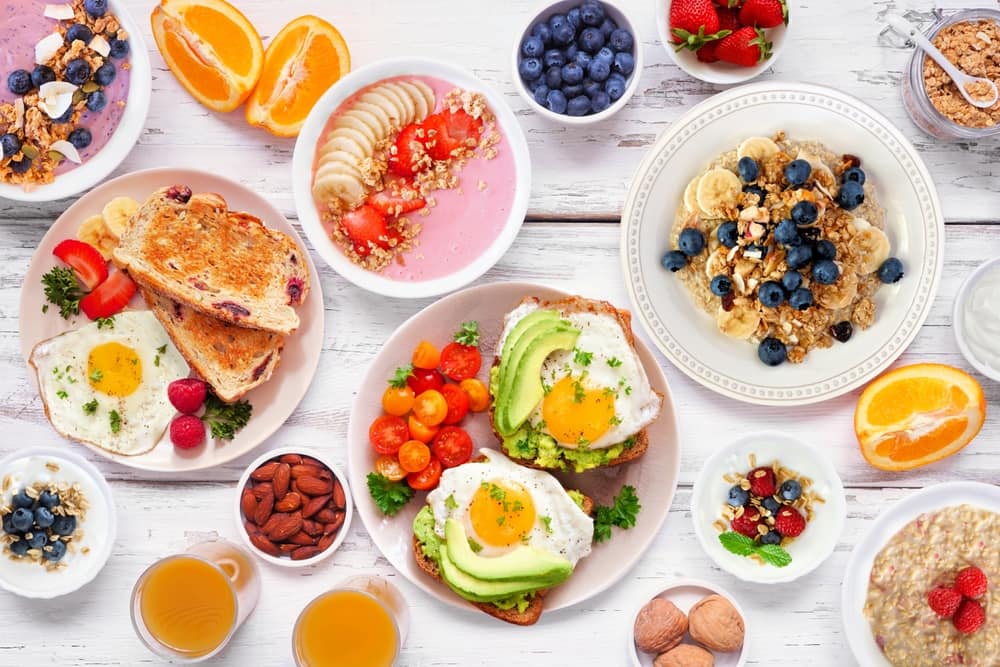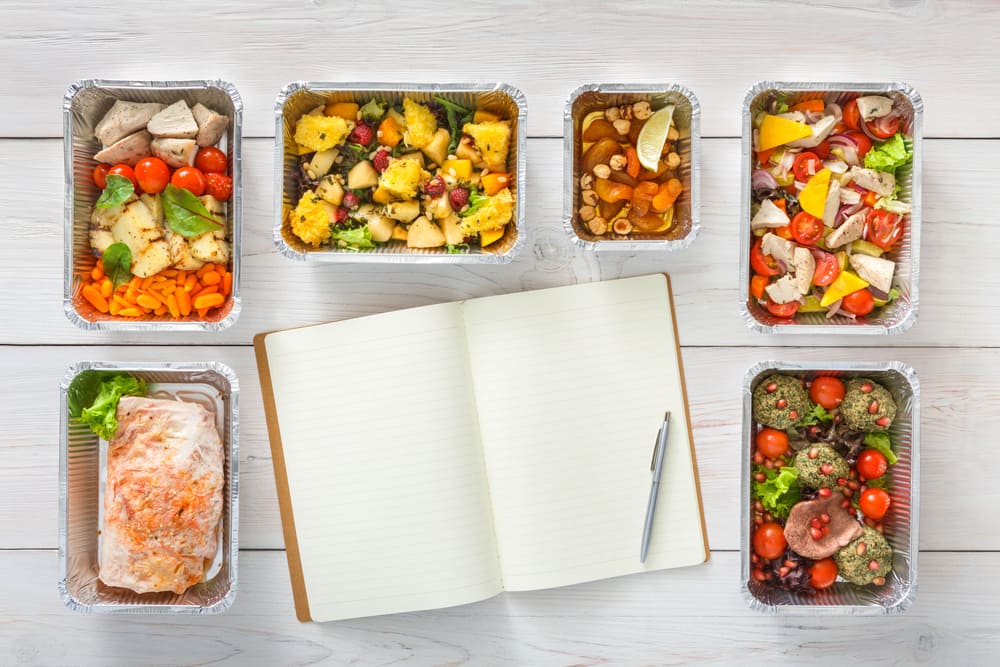How to reduce processed food intake easily
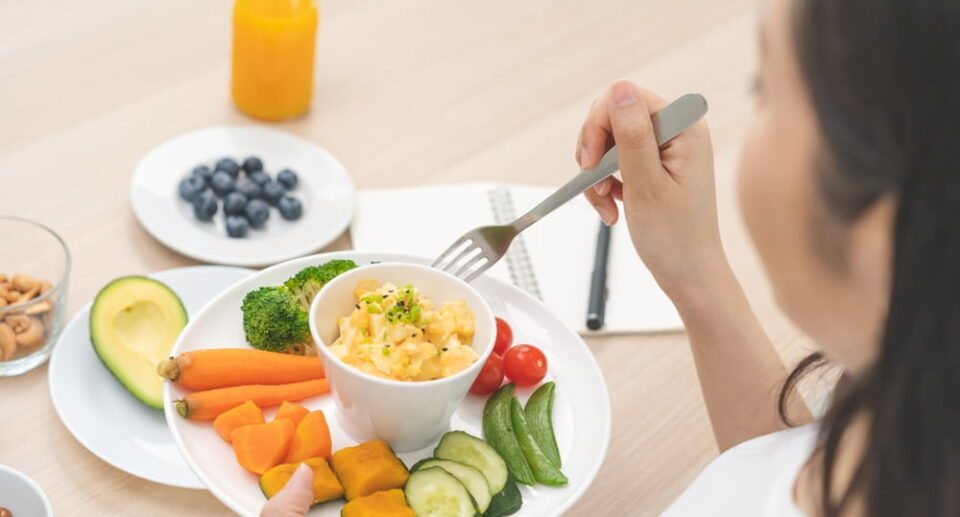

Processed food is our favorite food. Due to various types of busyness, we eat processed food from outside. Again, we eat such food due to laziness in cooking. However, due to eating too much-processed food, various problems occur in our bodies. Processed foods often contain too much salt, which raises blood pressure and increases the risk of heart disease. Manufacturers add various chemicals, artificial colors, and preservatives to processed foods, which increase the chances of various complex diseases, including cancer, in the long run. Eating excess processed food is associated with depression, anxiety and sleep disturbances.
In this article, we will learn how to reduce processed food intake. You will reduce this type of food and consume more home-cooked food. It will undoubtedly boost your level of both physical and mental well-being.
AHA conducts research on how processed foods, particularly trans fats and high sodium, contribute to heart disease risk. It provides education and guidelines on reducing processed food intake to promote heart health.
Use whole grains instead of refined grains
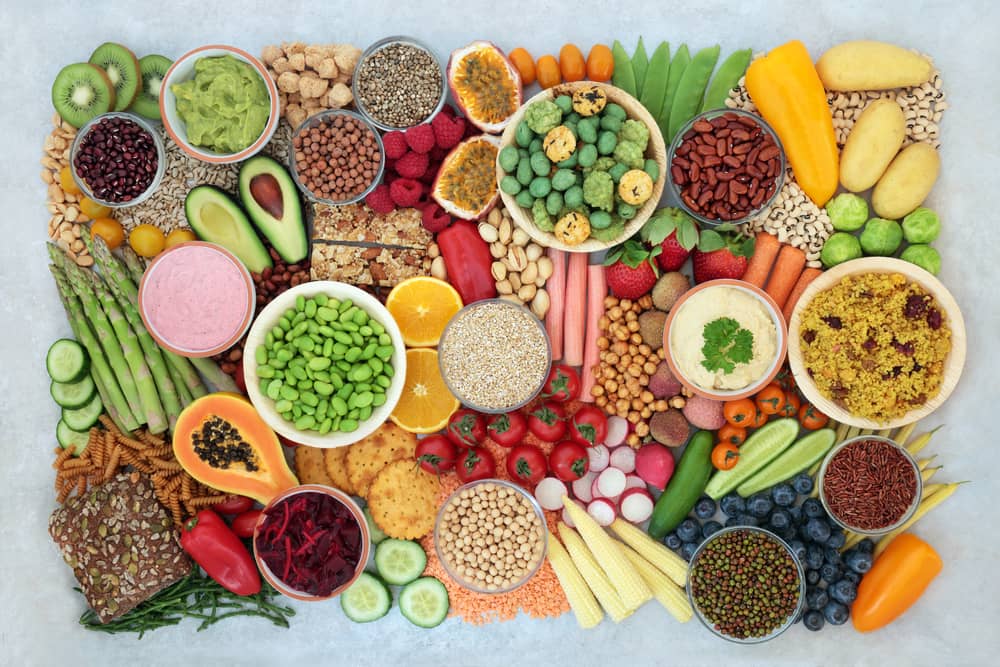

The most straightforward strategy to decrease processed food intake is to modify your consumption of healthy whole grains. Healthy whole grains like white pasta, rice, bread, and tortillas can be easily incorporated into your diet. Whole grains provide crucial nutrients, such as fiber, which can aid in the avoidance of major diseases like cardiovascular disease, diabetes, and cancer.
Drink More Water


Drinking more water regularly can be an easy yet powerful way of reducing processed food intake. The problem is that we often feel hungry, although, in reality, we experience just thirst. As a result, we start snacking even though the food is salty or sugary. Staying hydrated helps reduce unhealthy food cravings. It also keeps you feeling full longer. Water is also suitable for getting rid of toxins; it can be a significant digestive system supporter and cause mutism. A should be to go for at least 8 cups a day, but if you are a sports person, you should drink even more. First, you can have a glass of water with the breakfast and then carry a reusable water bottle to work. For a refreshing twist, give it a taste of lemon, cucumber, or mint.
Eat More Vegetables
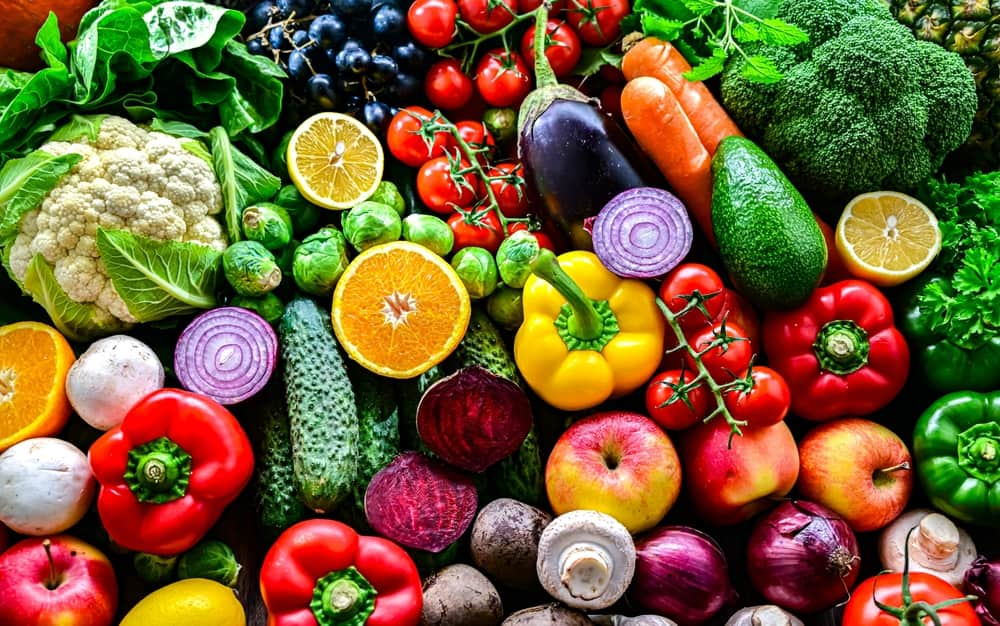

Increasing the amount of vegetables you eat at each mealtime is one of the most rewarding strategies for reducing the intake of processed foods. Vegetables have fiber, vitamins, minerals, and antioxidants that determine almost total body health and keep you satisfied and active. A colorful, fresh-veggie-based diet gives you about fifty per cent of your energy levels, and you’ll have less space for over-processed food. Can they also be easily used in all sorts of ways? They can be roasted, stir-fried, pureed into soups, or consumed raw with a light dip. It is a good idea to pre-chop or prepare your veggies in advance so that you have fresh meals ready to eat. If you begin to adopt this healthy habit, you’ll notice that from one day to the next, you’ll want less and less of fast or convenience foods and snacks that come in packages.
Eat Less Processed Meat


Convenience, however, is the main characteristic of processed meats like bacon, sausages, hot dogs, and deli slices, even though they are highly salted with preservatives and full of unhealthy fats, which risk causing heart disease and cancer. Therefore, to momentarily slow the amount of meat, you need to switch processed counterparts to protein sources such as grilled chicken, turkey, eggs, tofu, or legumes. Prepare fresh meat in large quantities and freeze individual portions to easily prepare the day’s food. Try the beans or lentils as a meat substitute once or twice weekly. Take small systematic steps in changing your diet, not a complete replacement of everything; hence, it will result in controllable consumption without the deprivation of the main essentials of your health.
Change Your Shopping Routine


The hardest processed food is picking a store and modifying how you make your purchases. Hence, you make. You can initially rely on the edges of the grocery store to obtain the list of items, such as fruit, milk, and white meat. Do not purchase items displayed on the inner aisles, where the ultra-processed ones are kept. Write a grocery shopping list focused on buying a week’s supply of those whole foods like fruit, vegetables, whole grains, and healthy proteins you love to eat. When selecting your food, pay attention to the markings on packages or boxes to see whether items have long lists of undesirable materials or some unknown additives. And why not visit the farmers’ markets in the neighborhood to get real, tasty, local, fresh produce? Awareness and mindfulness of your shopping practice will keep your diet clean and healthy.
Decreasing processed food consumption is a path towards good health. You can switch to a diet full of fresh, unprocessed foods once the effects of processed foods are known and real plans of action instruments are implemented. Make the change gradually and feel the goodness of being more energized, digesting well, and of a better quality of life.

